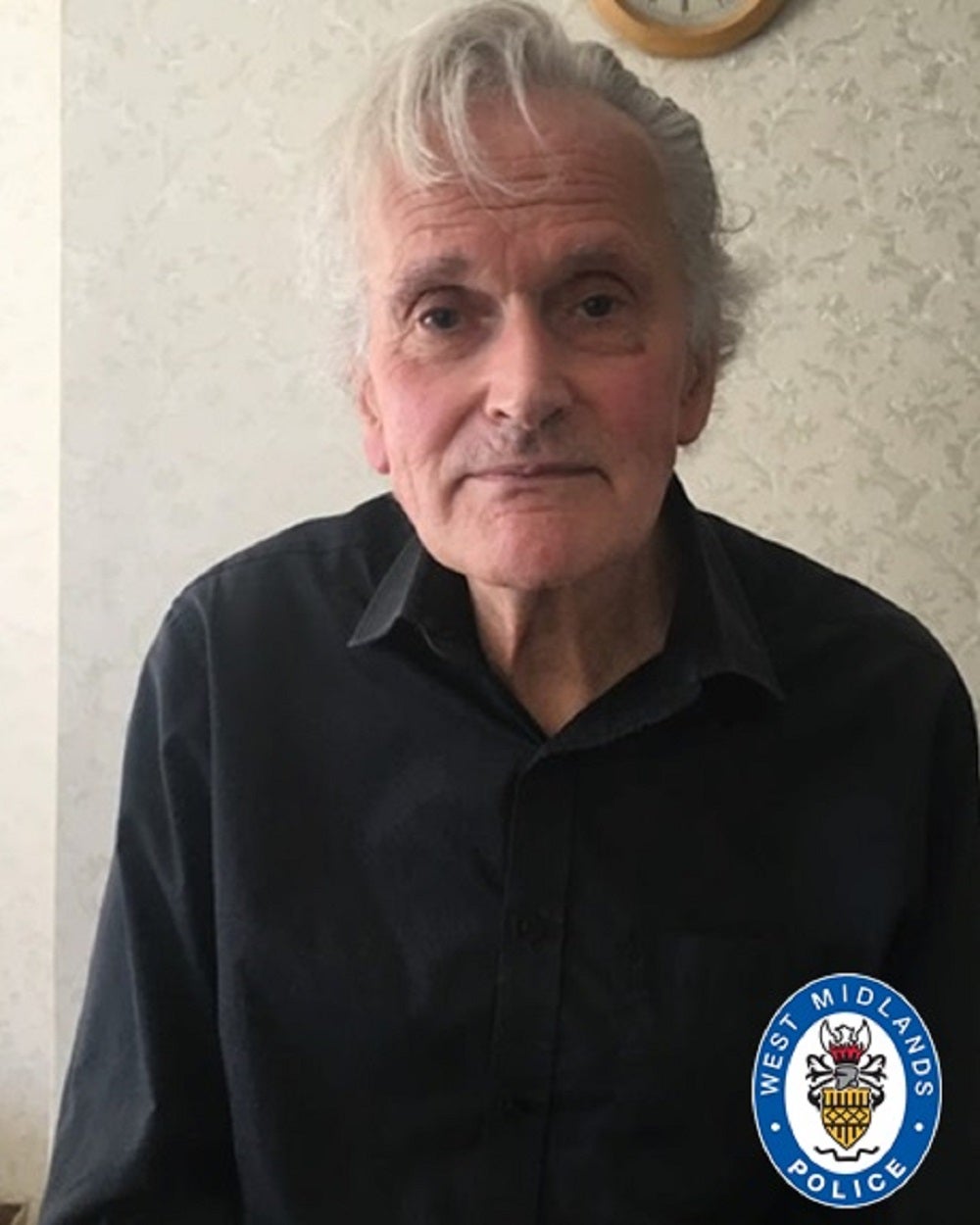Burglary victim died from heart attack after being tied up, murder trial told
David Varlow, 78, was found dead at his home last year after police were alerted by neighbours.

A pensioner alleged to have been murdered by a burglar who tied him to a chair suffered a “stress-induced” heart attack after his ankles and wrists were bound, a jury has heard.
Birmingham Crown Court was told DNA evidence linked Adris Mohammed to a length of telephone flex and a pair of scissors found near the body of 78-year-old David Varlow.
Prosecutors allege Mr Varlow was tied up and forced to reveal his bank card PIN by Mohammed during the second of three burglaries at the pensioner’s home in Manor Lane, Halesowen, West Midlands, in October and November last year.
Mohammed, from Icknield Port Road, Birmingham, denies murder, manslaughter, attempted burglary, and two counts each of fraud and burglary.
Opening the Crown’s case, prosecutor Peter Grieves-Smith alleged 44-year-old Mohammed left Mr Varlow, who was 5ft 6in, tied up on November 3 and returned to untie his body on November 11-12.
Addressing jurors on Wednesday, Mr Grieves-Smith said Mr Varlow’s body was found on the floor with his arms – which were not bound together – “almost crossed” behind his back.
Showing the jury computer-generated images of Mr Varlow’s body and his living room, the barrister told the court: “Around his ankles were bands of injuries consistent with ligatures.
“There were binding marks to both wrists and ankles. Indeed there was evidence of two separate wrappings around the wrist and forearm area.
“The critical point, that led to his death, was his heart. There was evidence of heart disease sufficient to put him at risk of a heart attack.”
Describing the findings of a post-mortem examination by forensic pathologist Dr Alexander Kolar, Mr Grieves-Smith added: “The evidence is that they (the bindings) were applied in life.
We say he was forced to reveal his PIN by fear and force. The death from a heart attack was a consequence of Adris Mohammed's actions
“What you will hear from Dr Kolar is that the bindings were removed a significant time after he had died.
“What he (Dr Kolar) calls a conventional blunt force assault can be excluded.”
The court heard Dr Kolar believed a “stress-induced cardiac event” was a potential explanation for the death – and that Mr Varlow’s arms being tied behind his back may have affected his ability to breathe.
Mr Grieves-Smith added: “The prosecution suggest David Varlow was tied to a chair with a telephone flex.
“We say he was forced to reveal his PIN by fear and force. The death from a heart attack was a consequence of Adris Mohammed’s actions.”
The Crown alleges Mohammed was accompanied by co-defendant O’Shay Swan, who is accused of burglary and fraud, when he returned to Manor Lane late on November 11 or early on November 12.
Mr Grieves-Smith said of Mohammed: “He returned with Mr Swan on the 11th to the 12th not fearing that David Varlow would recognise him, because he knew he would be dead.
“All they found to steal was a bank card which was out of date.”
Jurors have been told Mohammed accepts going to Manor Lane on November 3 and 11-12 but denies entering the property or tying up the victim.
Swan, 42, of Winson Green Road, Birmingham, denies burgling Mr Varlow’s property on a day between November 10 and 13 and committing fraud in relation to the use of a bank card on November 12.
The trial continues.
